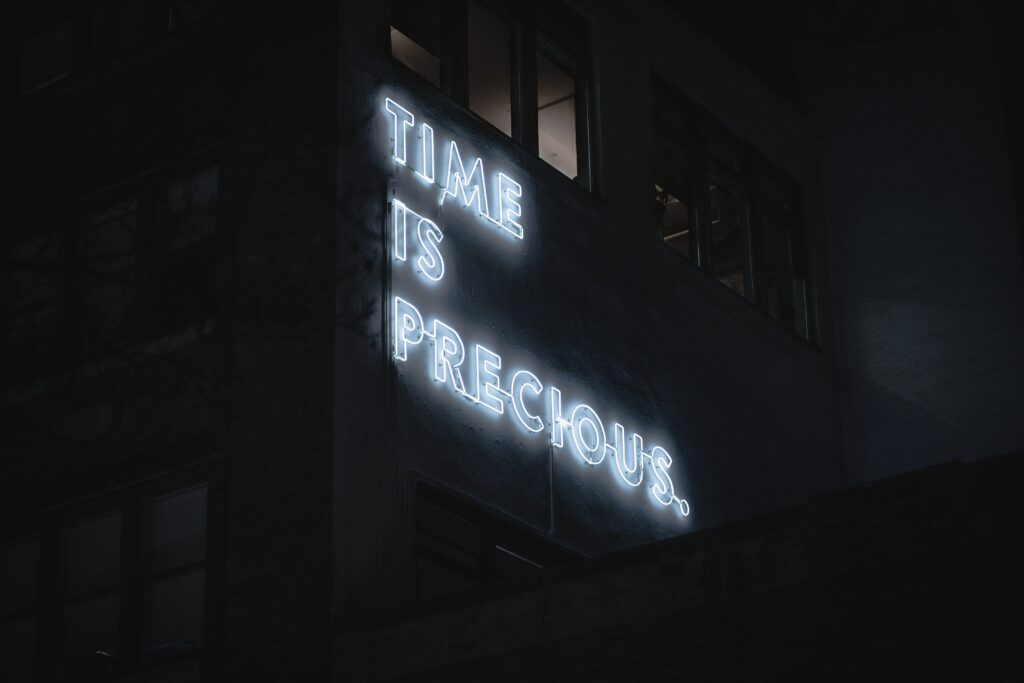
I got exposed to ageism at a very early age in a very odd way: by getting told incessantly how much younger I looked than I actually was.
Immediately followed by: YOU’LL LOVE IT WHEN YOU’RE OLDER.
Every time I got praised for looking “so young,” I could hear in people’s voices (and actual words) the clear subtext: how desirable and “good” youth was.
Plus, I was consistently told I acted older than I was but looked younger, which apparently was the *iDeAL* way to be.
Compliments like this can seem harmless. What’s the big deal?! someone might think. It’s a good thing, not a diss!
But the thing about getting compliments on things that are designed to change throughout time — namely, your age and your shape — is that it can create a dependence on whatever’s getting you the compliments.
And then when your body does what it’s designed to do, which is shift and morph and grow older, it can cause panic.
If you’re told your value is in your age or shape or size, what happens when it starts to inevitably change, and you’re not that age or shape or size anymore?
What happens to your sense of self-worth when the things that have brought you praise are no longer present?
This is why ads and articles for “anti-aging” tools and tips continue to be so popular.
Even if they’re not saying it outright, the subtext is: aging is a thing to be “anti-” and against. Aging is bad. Don’t age.
(and Here, buy this cream.)

I’ve been down the road of low self-worth with my body multiple times over.
However, by some blessing of the universe, I only rarely confront that with age.
My “secrets” aren’t so much a secret but a social and structural byproduct of the way I’ve lived thus far:
1. For as long as I can remember, I’ve always, always had role models to look up to who were significantly older than I was.
Aging, to me, meant that I would someday “get on the same level” as the women I admired. Whether it was personally or professionally, I always viewed age as a way in, not out — ironic, considering my career path for so long was as an actor (the entertainment industry notorious for its ageism). But even when I heard about people “ageing out” of certain types of roles, or women getting cast as grandmothers while they were barely in their 40s, I always had badass women to look up to who were defying the norms. If they can do it, I thought, I certainly can.
2. I am a professional noticer, which means I picked up on things early on that maybe other people didn’t until way later in life, or never did at all.
When it comes to age, I noticed how many people — namely women — just kinda stopped trying new things after a certain age. I vowed I would never be that person. From an emotional standpoint, but also a logistical one: I had too many interests and passions. If I gave myself an age cut-off, I quite literally wouldn’t have time to do everything I wanted to do.

At the old-young-neither age of 35, I’m usually not the youngest person in the room anymore, but I’m also usually not the oldest. I play 90s throwbacks in my spin classes and while 1/3 of the class members are right there with me, 1/3 weren’t even born in the 90s and 1/3 were well into adulthood and didn’t listen to, say, 702 (where my girls at, from the front to back).
So, here’s a photo of me hula-hooping with a giant bagel, at a #bagelinfluencer event (BagelFest – it’s a thing).
Here to remind you that like Aaliyah said, age ain’t nothing but a number.
And also, whether someone’s telling you you’re young or old — well first of all, young and old are subjective. Younger and older than who?? — YOU get to decide what you do and where you go in the stage of life you’re experiencing right now.
You’re not too old.
It’s not too late.
You’re not too young.
It’s not too early.
You are you.
It’s right now.
Make your own damn rules.

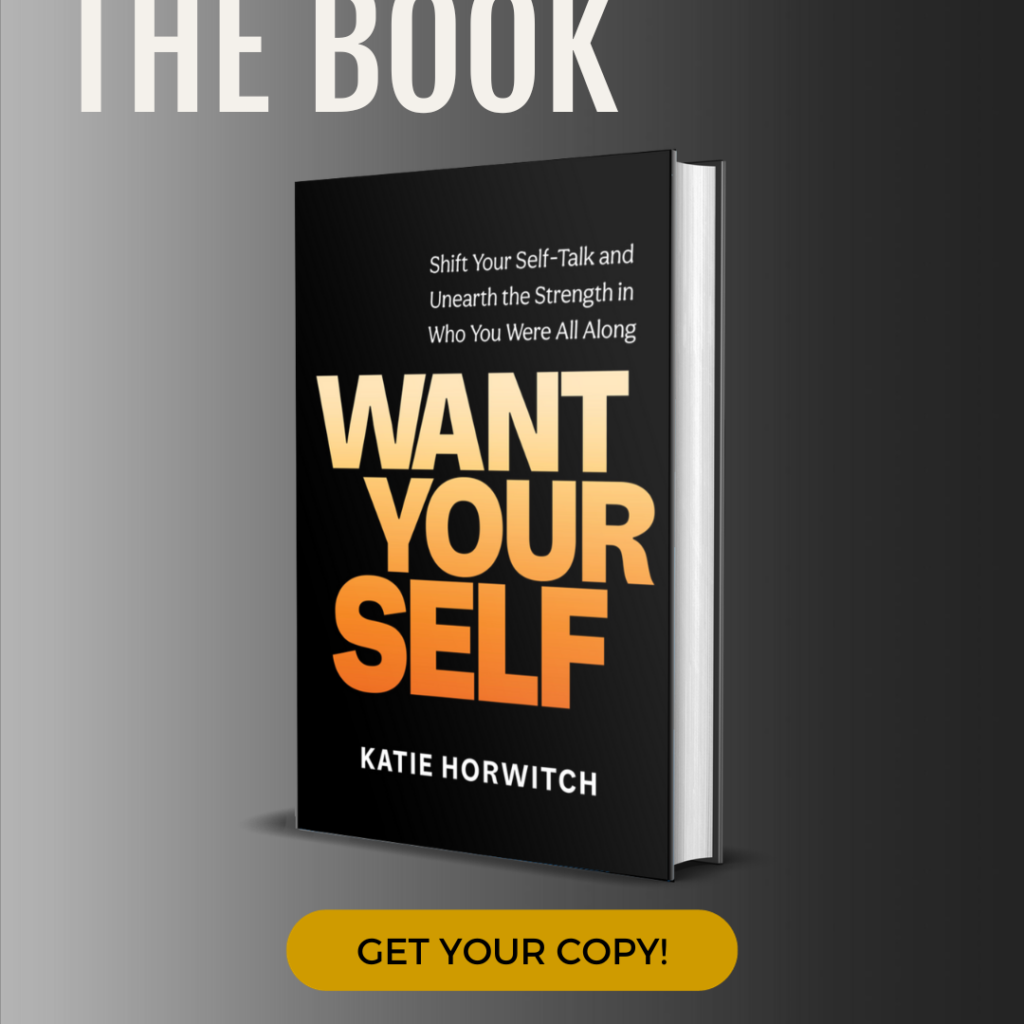
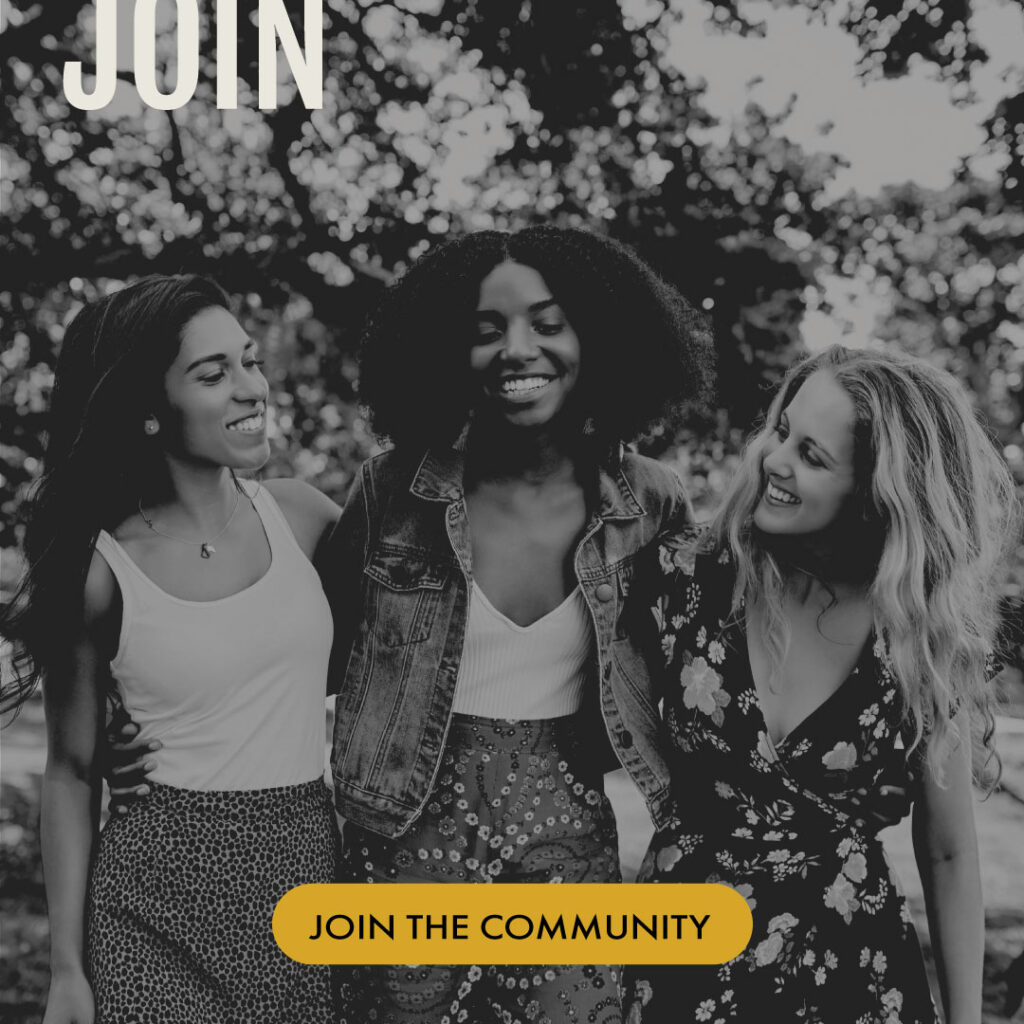
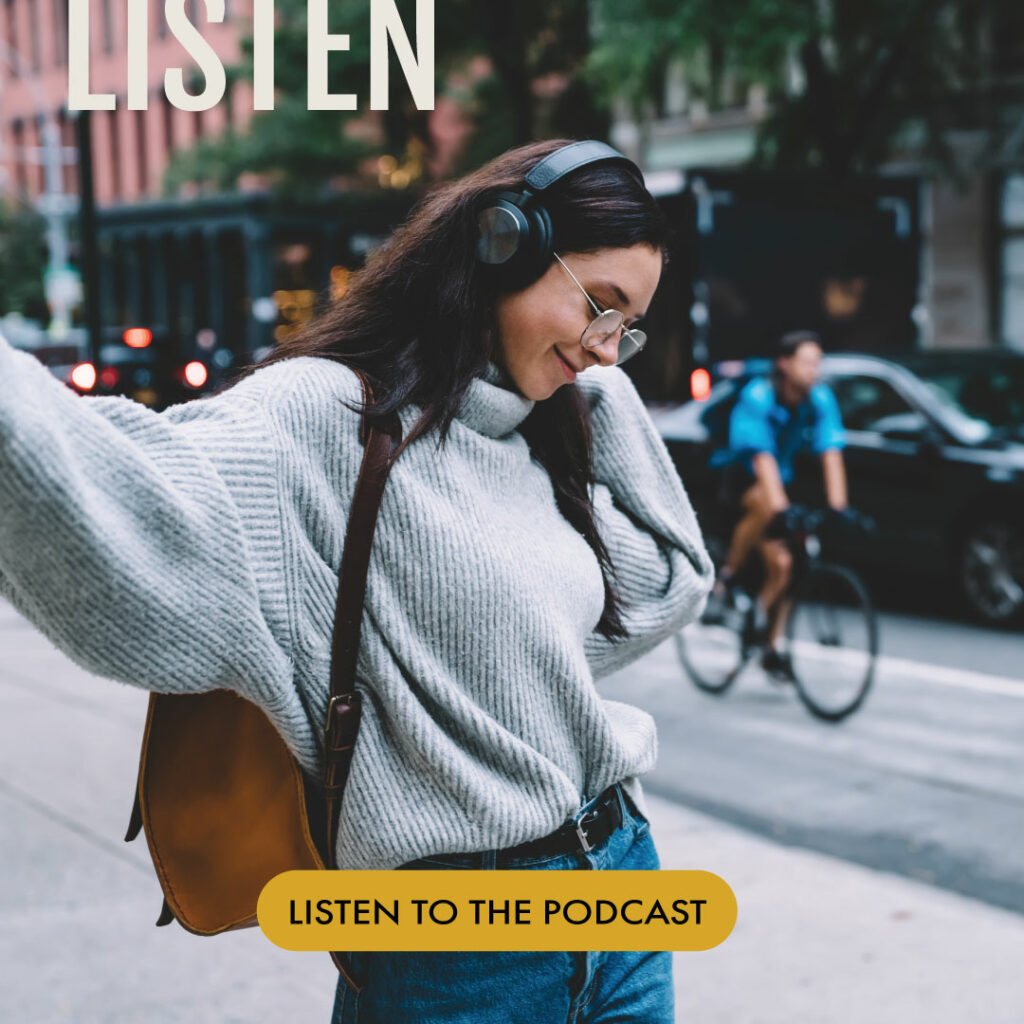
0 Comments